How to Prevent a Clogged Kitchen Sink
A clogged kitchen sink can be a homeowner’s plumber nightmare, causing inconvenience and potential damage to your plumbing. Fortunately, there are several preventive measures you can take to ensure your kitchen sink remains free from clogs. In this comprehensive guide, we will explore practical tips and tricks to keep your kitchen sink flowing smoothly.
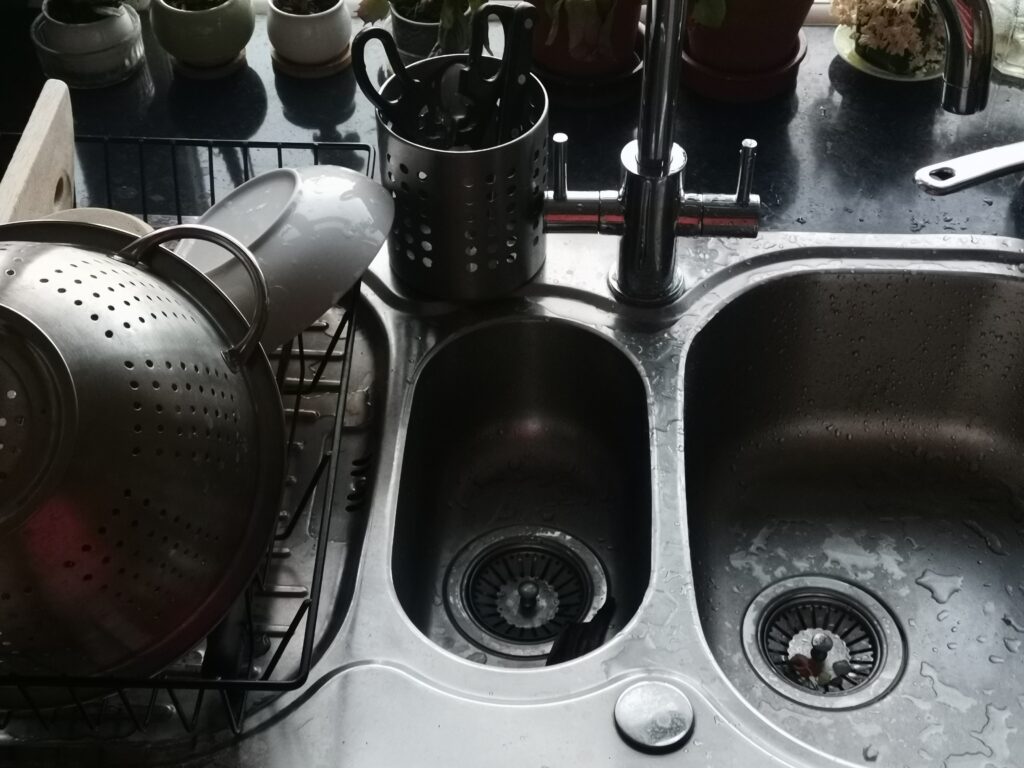
Clogs – they’re a nuisance that every homeowner dreads. But understanding the causes of clogs can make dealing with them a lot easier. From slow-draining sinks to toilets that just won’t flush, clogs can disrupt your day-to-day life. Let’s dive into the world of clogs, uncover their common causes, and explore ways to prevent and tackle them effectively.
Understanding the Causes of Clogs
Grease and Food Particles is what makes Clogged Kitchen Sink
One of the primary reasons for kitchen sink clogs is the accumulation of grease and food particles. These substances can solidify over time, obstructing the pipes. Kitchen sinks often fall victim to food waste and grease. Even with the best intentions, small bits of food and greasy substances can slip down the drain. Grease, in particular, solidifies as it cools, leading to significant blockages.
Coffee Grounds and Eggshells can clog your kithen sink
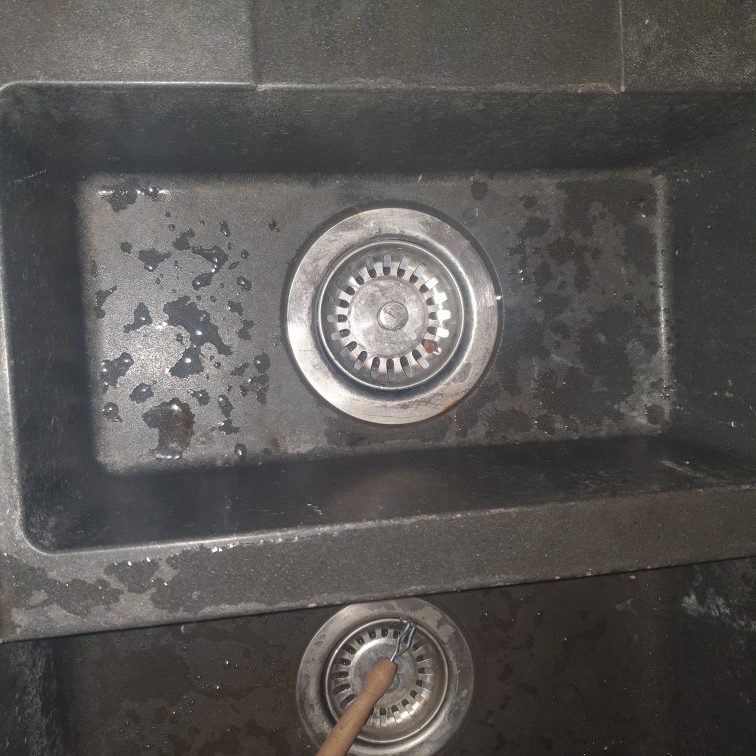
Coffee grounds and eggshells may seem harmless, but they can contribute to clogs by sticking to the pipes and forming blockages.
Soap Scum and Hair can block a kitchen sink
One of the most common culprits behind clogged drains is hair. It’s a sneaky offender, building up over time and creating stubborn blockages, especially in bathroom sinks and showers. The mix of hair with soap scum creates a formidable clogging duo that can be hard to dislodge.

In the bathroom, soap scum and hair are common culprits for clogs. However, they can also find their way into the kitchen sink, causing problems.
Soap might seem harmless, but over time, soap scum can build up inside pipes, especially when combined with hair and other debris. This is particularly problematic in bathroom drains.
Foreign Objects
Sometimes, clogs are caused by foreign objects that have no business being in the drain. These can range from small toys to bits of plastic and even jewellery that accidentally find their way into the plumbing system.
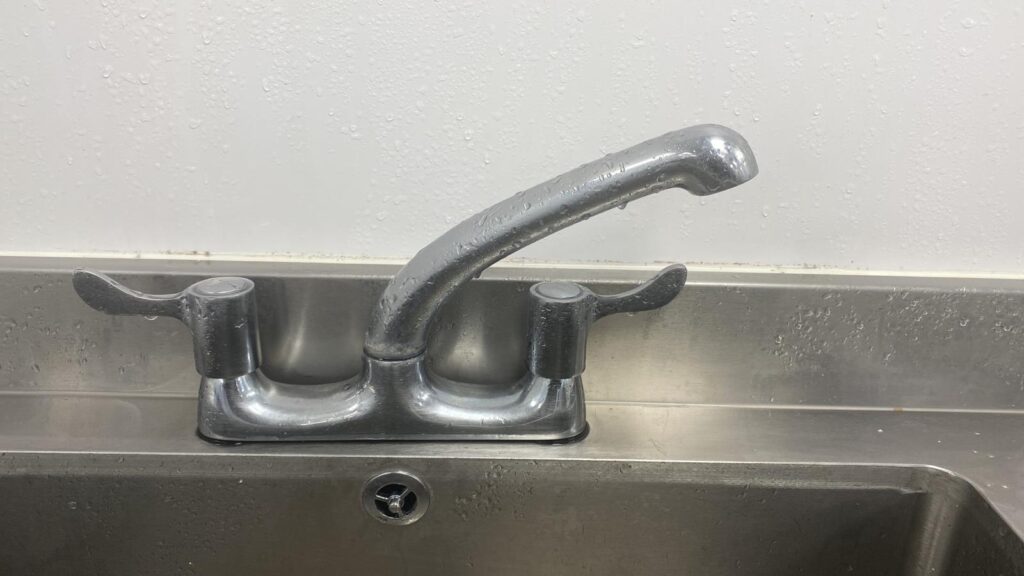
Tree Roots Infiltration
A less common but serious cause of clogs is tree roots infiltrating the pipes. Roots naturally seek out moisture, and if there are cracks in your underground pipes, roots can make their way in and create blockages.
Clogged Kitchen Sink Preventive Measures
Use a Sink Strainer
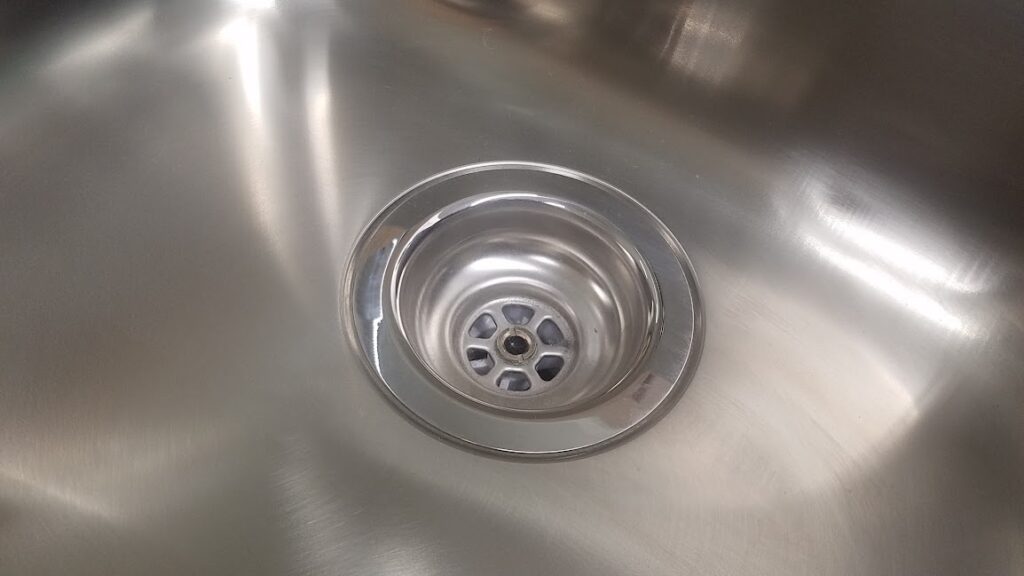
Installing a sink strainer is an effective way to catch food particles and prevent them from entering the drain.
Dispose of Grease Properly
Avoid pouring grease down the sink. Instead, collect it in a container and dispose of it in the trash.
Run Hot Water into your Clogged Kitchen Sink
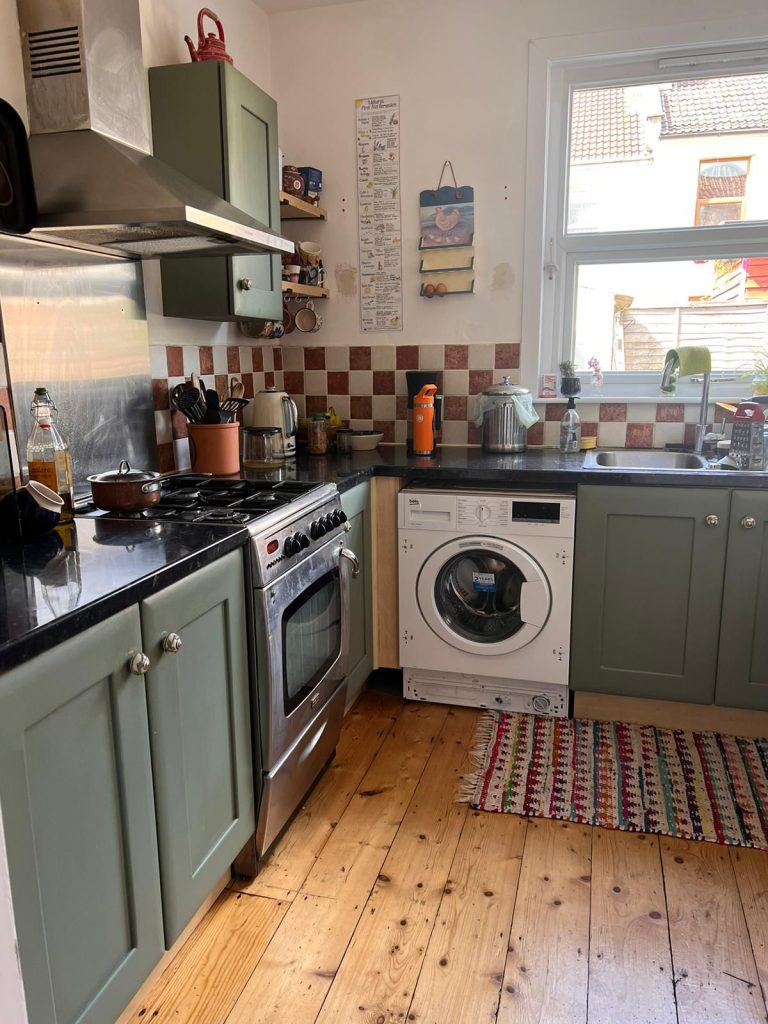
Regularly run hot water down the sink to help break down grease and prevent it from solidifying.
Regularly Clean the Waste Disposal
If your kitchen sink has a waste disposal unit, make sure to clean it regularly to prevent buildup.
DIY Solutions for Clogged Kitchen Sink

Baking Soda and Vinegar
A mixture of baking soda and vinegar can help break down clogs naturally. Pour it down the drain and let it sit for a few hours before flushing with hot water.
Boiling Water for Clogged Kitchen Sink

Boiling water can be a quick fix for minor clogs. Pour a pot of boiling water down the drain to melt away obstructions.
Types of Clogs
Bathroom Clogs
- Sink Clogs: Bathroom sink clogs are often due to a combination of hair, toothpaste, soap, and grime. Over time, these elements can form a sticky, clogging mess.
- Shower and Bathtub Clogs: Showers and bathtubs face the same hair and soap scum issues, often exacerbated by body oils and dirt. Regular cleaning can help, but deep-seated clogs may require more intensive solutions.
- Toilet Clogs: Toilet clogs are usually the result of flushing inappropriate items like wet wipes, sanitary products, or excessive amounts of toilet paper. Ensuring that only toilet paper is flushed can help prevent these issues.
Kitchen Clogs

- Sink Clogs: Kitchen sink clogs are typically caused by food particles and grease. Even with a waste disposal, it’s important to avoid letting large or fibrous items go down the drain.
- Waste Disposal Clogs: Waste disposals are handy but not invincible. Overloading them or disposing of inappropriate items like bones or coffee grounds can lead to clogs and mechanical issues.
Outdoor Clogs
- Gutter Clogs: Gutters can get clogged with leaves, twigs, and other debris, preventing proper drainage and potentially causing water damage to your home’s exterior and foundation.
- Drain Pipe Clogs: Outdoor drain pipes can become clogged with dirt, leaves, and even tree roots. Regular maintenance and inspections are key to preventing these issues.
Clogged Kitchen Sink Maintenance
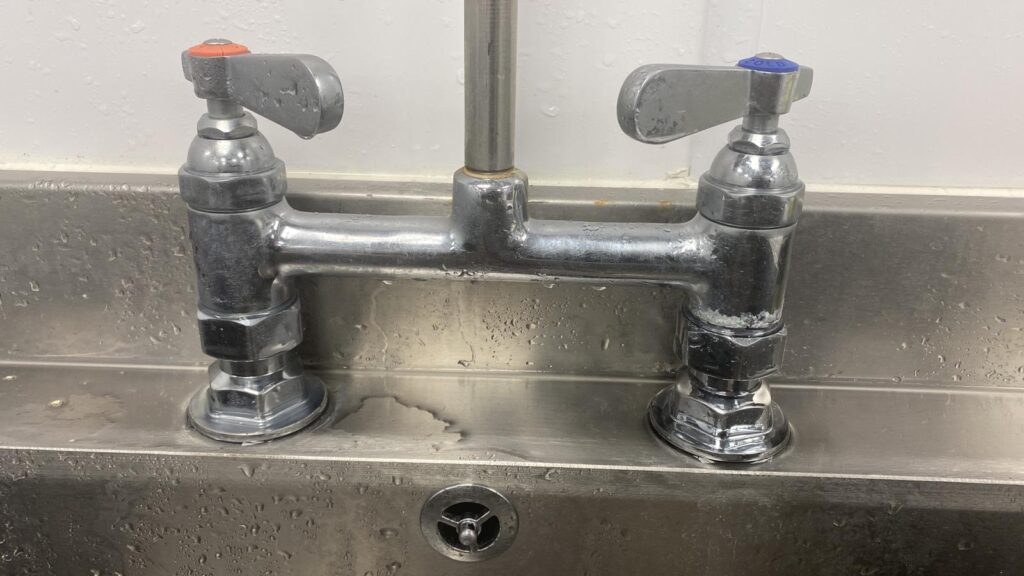
Regular Plumbing Inspections
Consider scheduling regular plumbing inspections to identify and address potential issues before they become serious clogs.

Professional Drain Cleaning for your Clogged Kitchen Sink
If you experience persistent clogs, it’s advisable to seek professional drain cleaning services to remove stubborn blockages.
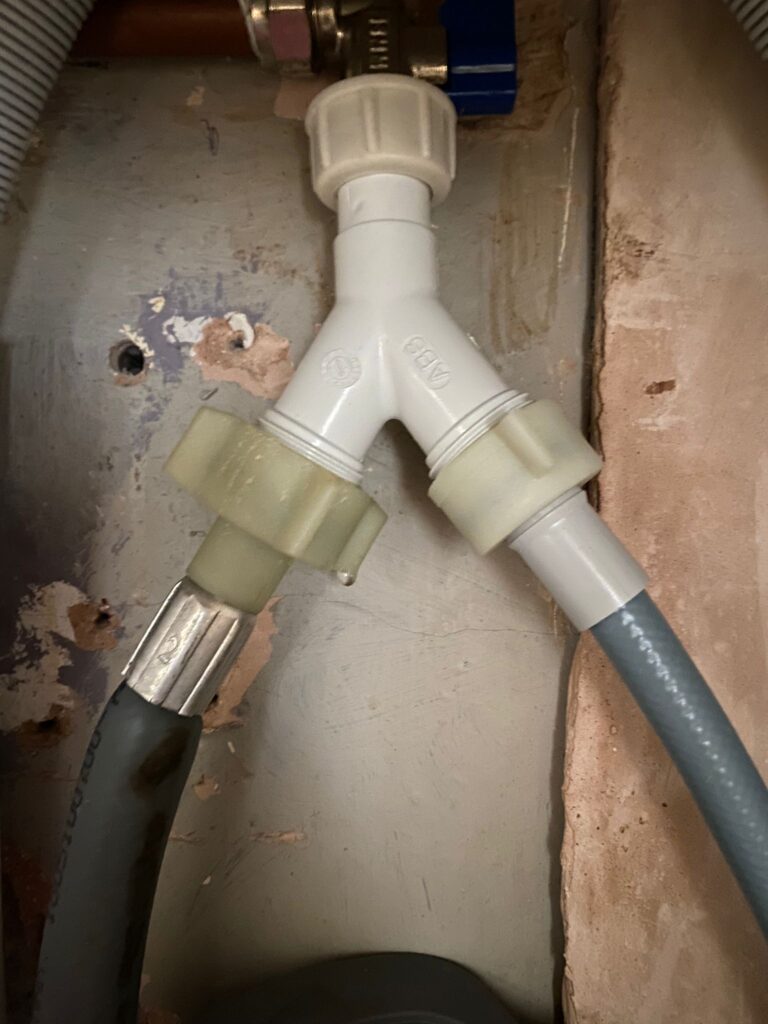
Preventing a kitchen sink from clogging is essential for maintaining a smoothly functioning household. By following these preventive measures, you can save yourself from the hassle and cost of dealing with a clogged sink.
Read about how you can fix a running toilet.
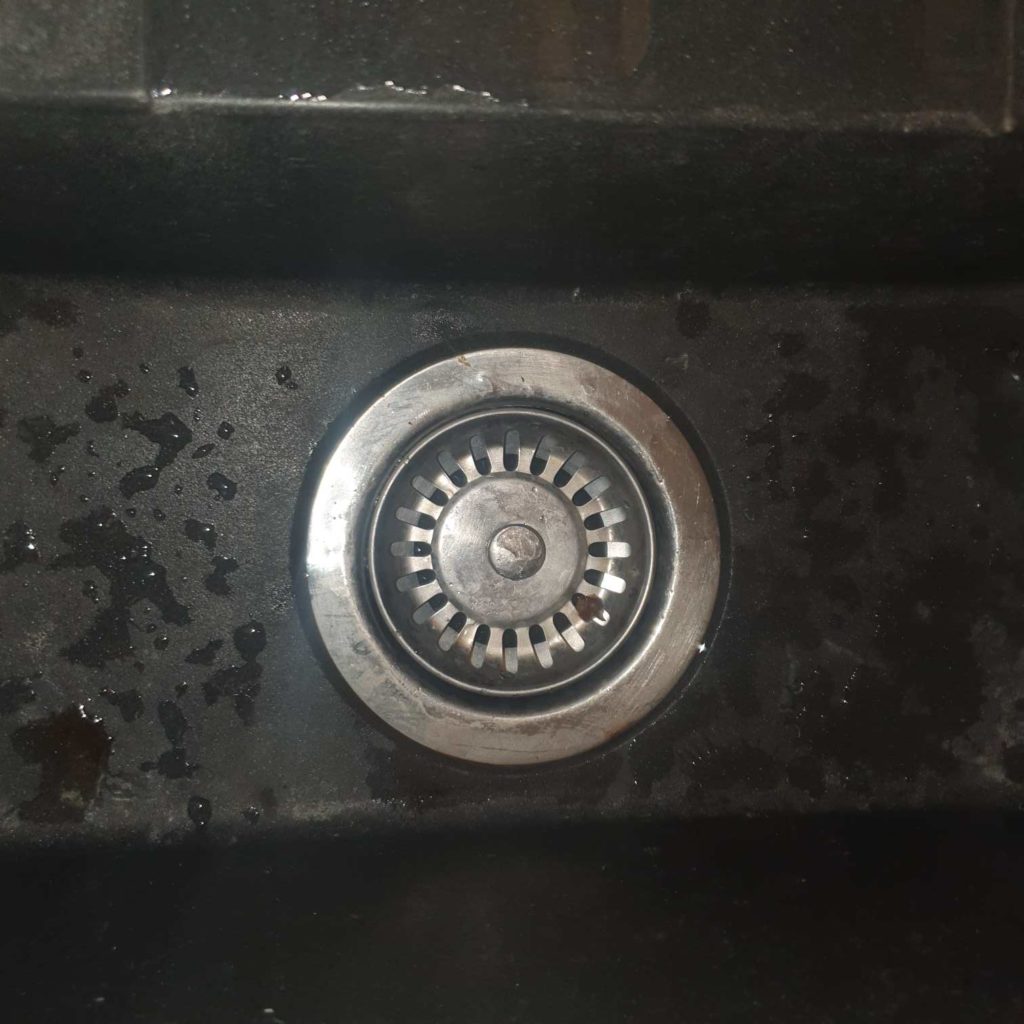
FAQs about Clogged Kitchen Sink
1. Can I use chemical drain cleaners to prevent Clogged Kitchen Sink?
It’s not recommended to rely on chemical drain cleaners regularly, as they can damage your pipes over time. Stick to natural methods for preventive maintenance.
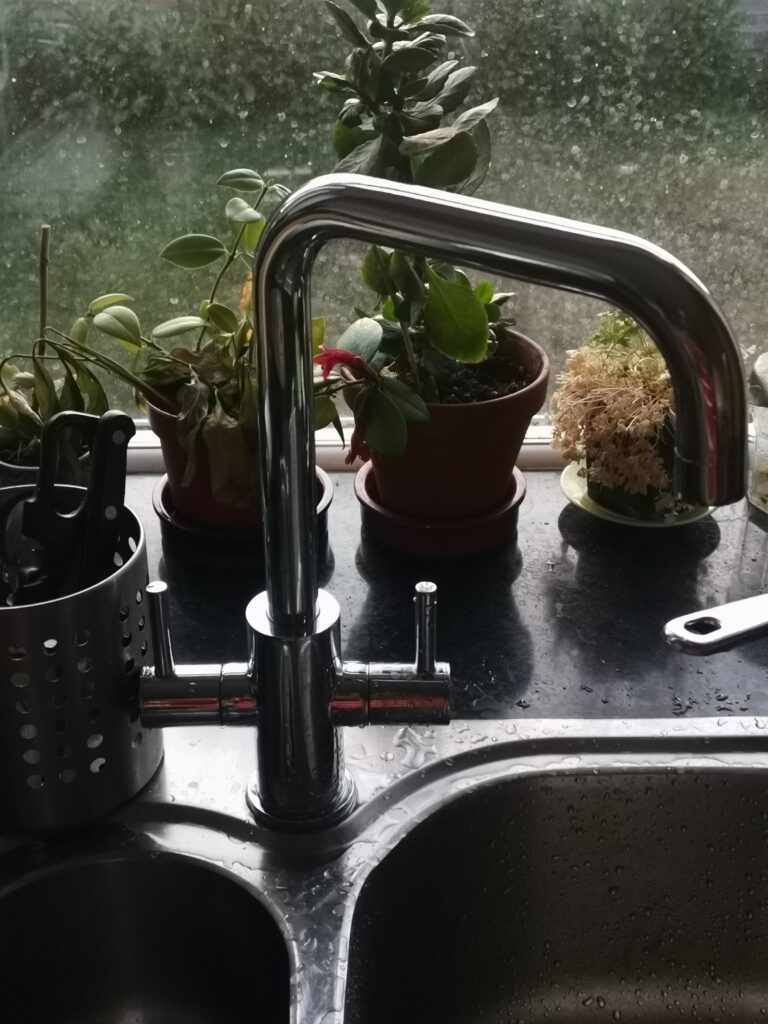
2. How often should I clean my waste disposal?
Cleaning your waste disposal once a month is a good practice to prevent buildup and odors.
3. What should I do if my sink is already clogged?

If your sink is clogged, try using natural remedies like baking soda and vinegar or contact a professional plumber Bristol for assistance.
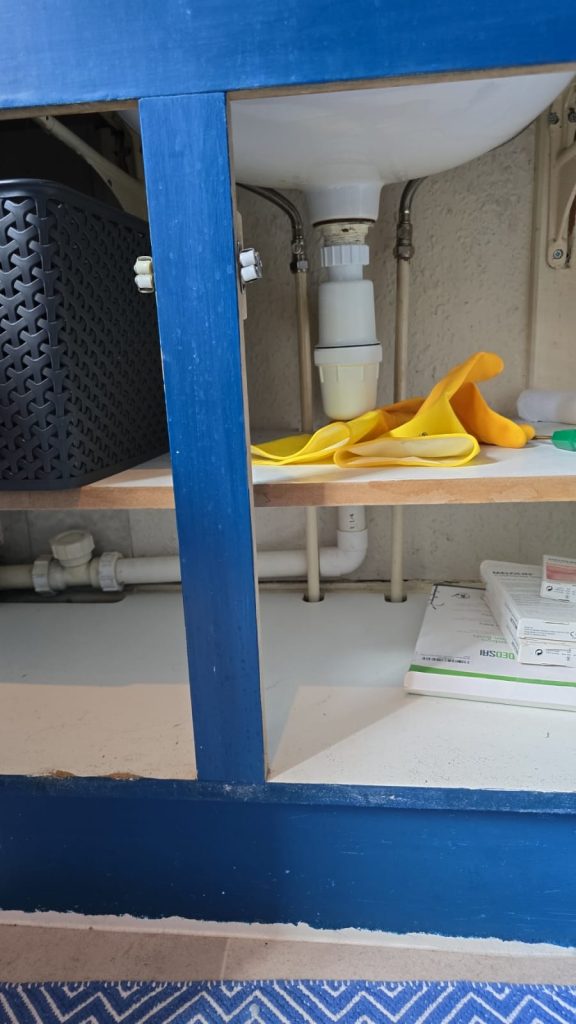
4. Are there any kitchen sink materials less prone to clogs?
Stainless steel sinks are less prone to clogs compared to materials like porcelain, as they are more resistant to corrosion.
5. Can clogs in the kitchen sink lead to more significant plumbing issues?
Yes, if left unaddressed, kitchen sink clogs can lead to more severe plumbing problems, such as pipe damage and leaks. It’s essential to address clogs promptly.
Safety Tips
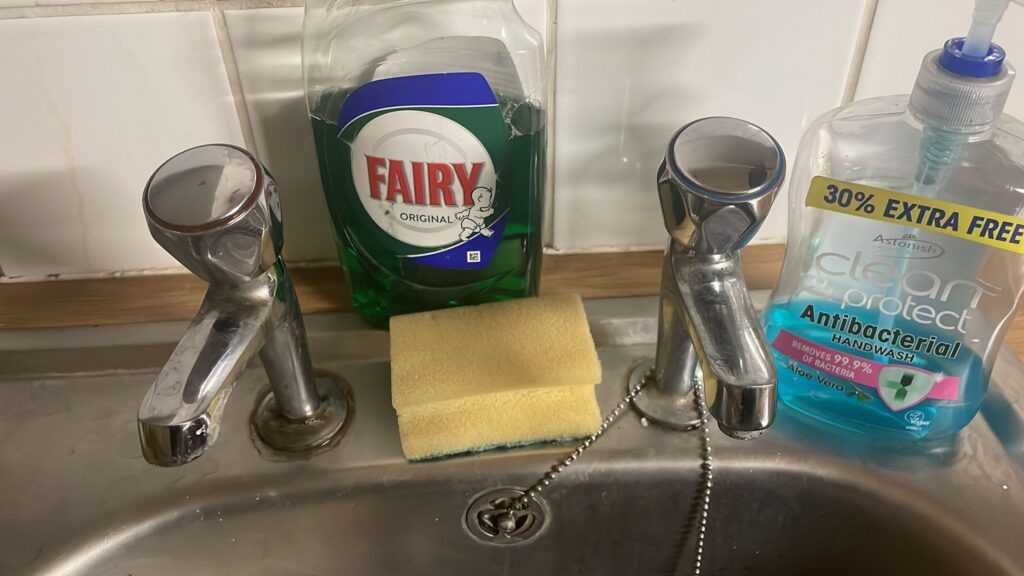
Proper Handling of a Plunger
Always use the plunger with caution, applying steady and controlled force to avoid damaging your pipes.
Dealing with Chemicals

When using chemical drain cleaners, follow the instructions carefully and never mix different types of chemicals as this can create dangerous reactions.
Common Mistakes to Avoid When Plunging a Drain
Incorrect Plunger Use
Using the wrong type of plunger or not creating a proper seal can make the problem worse. Ensure you’re using the right plunger for the job.
Overlooking Safety Measures
Always wear gloves and protect your surroundings to avoid spills and contamination.
Environmental Considerations
Eco-Friendly Alternatives
Consider using eco-friendly drain cleaners or natural solutions like baking soda and vinegar. They are effective and less harmful to the environment.
Proper Disposal of Waste
Dispose of any waste or debris properly to prevent further blockages and environmental harm.
Knowing how to use a plunger effectively can save you from a lot of headaches and unnecessary expenses. With the right techniques and a bit of patience, you can tackle most blockages yourself. Remember to maintain your drains regularly and be mindful of what goes down them to avoid future issues.
